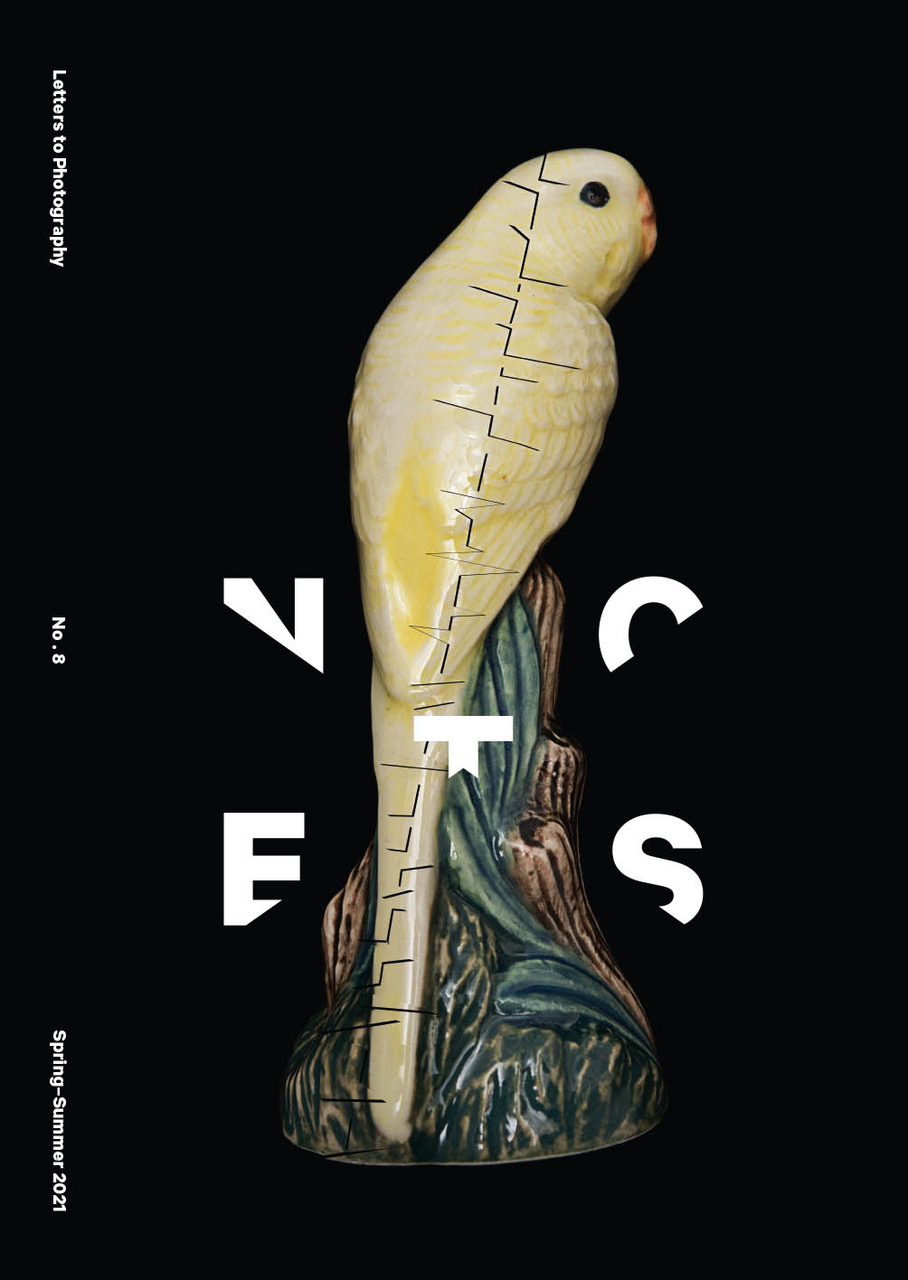
Notes: Letters to Photography / No. 8 / Spring-Summer 2021
Dear reader,
The idea behind this issue hatched some years ago when discussing individual and societal relationships to care and recovery. Little did we know then that the production would coincide with a pandemic, which brought many of those same questions to the international centre of attention. The works we have chosen here articulate some of the considerations that surfaced during these conversations.
The etymological root of “recovery” is “coming back”, which in the context of healing usually begins with recognising something’s not right and establishing what it is. With this in mind, Eszter Biró’s book review of Liz Orton’s Every Body is An Archive, which examines the relationship between the body and medical imaging technologies, discusses individual vulnerability and political economics in the clinical infrastructure. The metaphorical acuity in Frank McElhinney’s Sisyphus describes the perseverance of a decade of sobriety. In Dancing Notes and Notes Dancing Matthijs Uivel and David Kinloch reflect on violence, trauma, and the infancy of art therapy at Craiglockhart Hospital after WW1. Paul Seawright, who has returned to the conflict in Northern Ireland throughout his career, must be woefully aware that any reconciliation requires all adversaries’ involvement. In Beasts of Burden, he collaborates with the Rwandan organisation CARSA’s genocide reconciliation workshop A Cow For Peace. Acknowledging that the genocide is rooted in European racialisation practices is elemental for the process. However, when perpetrators started returning home after incarceration, the need to make new common ground became clear. By portraying the survivors, perpetrators, and the cows they – together – are given to own and care for, Seawright’s photographs visualise the finalising aspect of the workshop. Alicia Bruce’s The SIM Project documents objects used to train the healers some of us have access to, while Dr. Rachel Manners’ essay The Landscape of Life and Death reveals how the ability to prolong life has created an alienation to natural death. Her words stand alongside the series Now You’re There. Now You’re Not by Nina Bacos, which pictures the last months of the artist’s father’s life. The pandemic has made painfully clear how inadequately prepared societies are for collective challenges in health care, and how those with fewer means are un-proportionally hit by this fact. Therefore our last piece sheds light on an aspect of market-friendly legislation which allows profit at any cost. In an essay entitled Money may be your god (but it ain’t mine), Francis McKee discusses the film/extended art project Bank Job in which the artists Edelstyn and Powell provide convincing evidence of how the system is rigged to exploit the most vulnerable. Without claims to be comprehensive, we hope the works we have chosen will spark meaningful insights and conversations.
— The editors